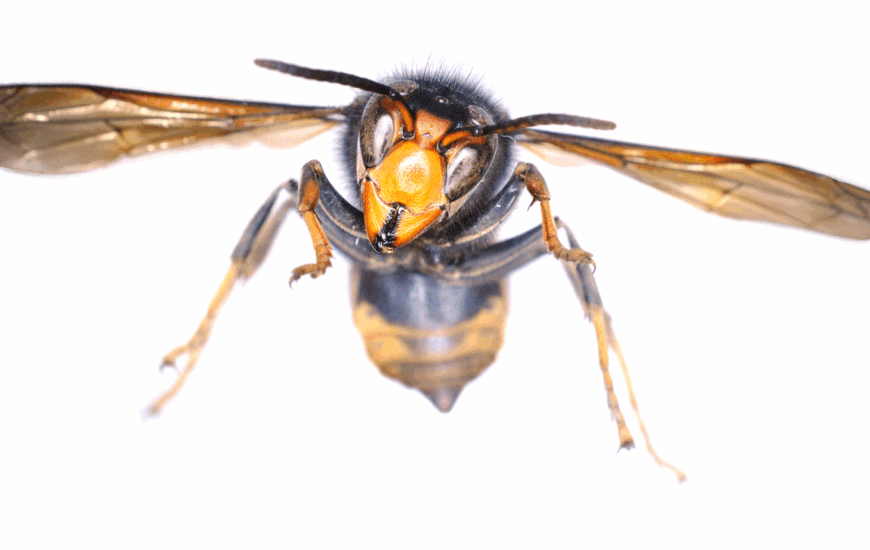Asian hornet sighting sparks national biosecurity alert
Padraig Conlon 13 Aug 2025
A confirmed sighting of an Asian hornet in Cork has triggered a national biosecurity alert and the launch of a government-led taskforce to protect Ireland’s biodiversity.
The National Parks and Wildlife Service (NPWS) confirmed that the invasive species, which is a major threat to honeybee populations. was captured on August 12 following a public report earlier this month.
While the Asian hornet does not pose a major public health risk, even a single nest can decimate native pollinators.
Minister of State for Nature, Heritage and Biodiversity, Christopher O’Sullivan TD, said the response was swift and coordinated.
“Asian hornets are a threat to our native pollinators and our biodiversity. We must take even a single sighting very seriously,” he said.
“We are grateful to beekeepers and the public for their vigilance. Early detection is key if we are to prevent the establishment of this invasive species.”
The sighting was reported to the National Biodiversity Data Centre’s Alien Watch portal and verified by experts from the NPWS and the National Museum of Ireland.
A rapid response team was deployed, conducting extensive surveys in the area.
Although no nest was found, ongoing monitoring will determine whether the Cork capture was an isolated incident or evidence of a larger population.
The new Asian Hornet Management Group, chaired by the NPWS, includes the Department of Agriculture, the National Biodiversity Data Centre, and the National Museum of Ireland.
The group will coordinate monitoring, public awareness campaigns and further research over the coming weeks.
Local communities, businesses and beekeeping associations have been briefed on how to spot the species.
This is only the second confirmed Asian hornet in Ireland — the first was recorded in Dublin in 2021 and was not linked to an established colony.
Members of the public are urged to report any suspected sightings through the National Biodiversity Data Centre’s Alien Watch portal at records.biodiversityireland.ie/record/invasives
Officials advise against disturbing or capturing the hornet.
While not usually aggressive, it may sting if provoked. Clear photographs, GPS locations, or safely collected dead specimens can help identification.
The Asian hornet is native to parts of Asia and was first detected in Europe in 2004, after arriving in France in imported pottery.
It quickly spread across the country and is now established in several EU states, with control measures underway in the UK.
A population has also been recorded in the United States.
Áinle Ní Bhriain, Director of EU and International Affairs at NPWS, said:
“Rapid response and public awareness are key. We are working closely with our partners across Ireland and Northern Ireland to ensure we are prepared for any increased threat.”











